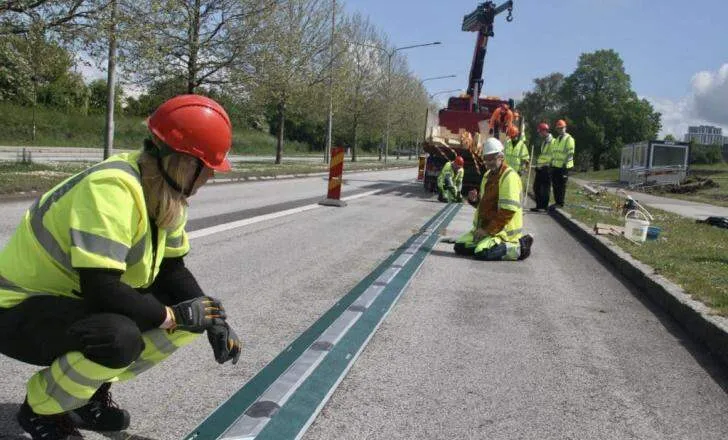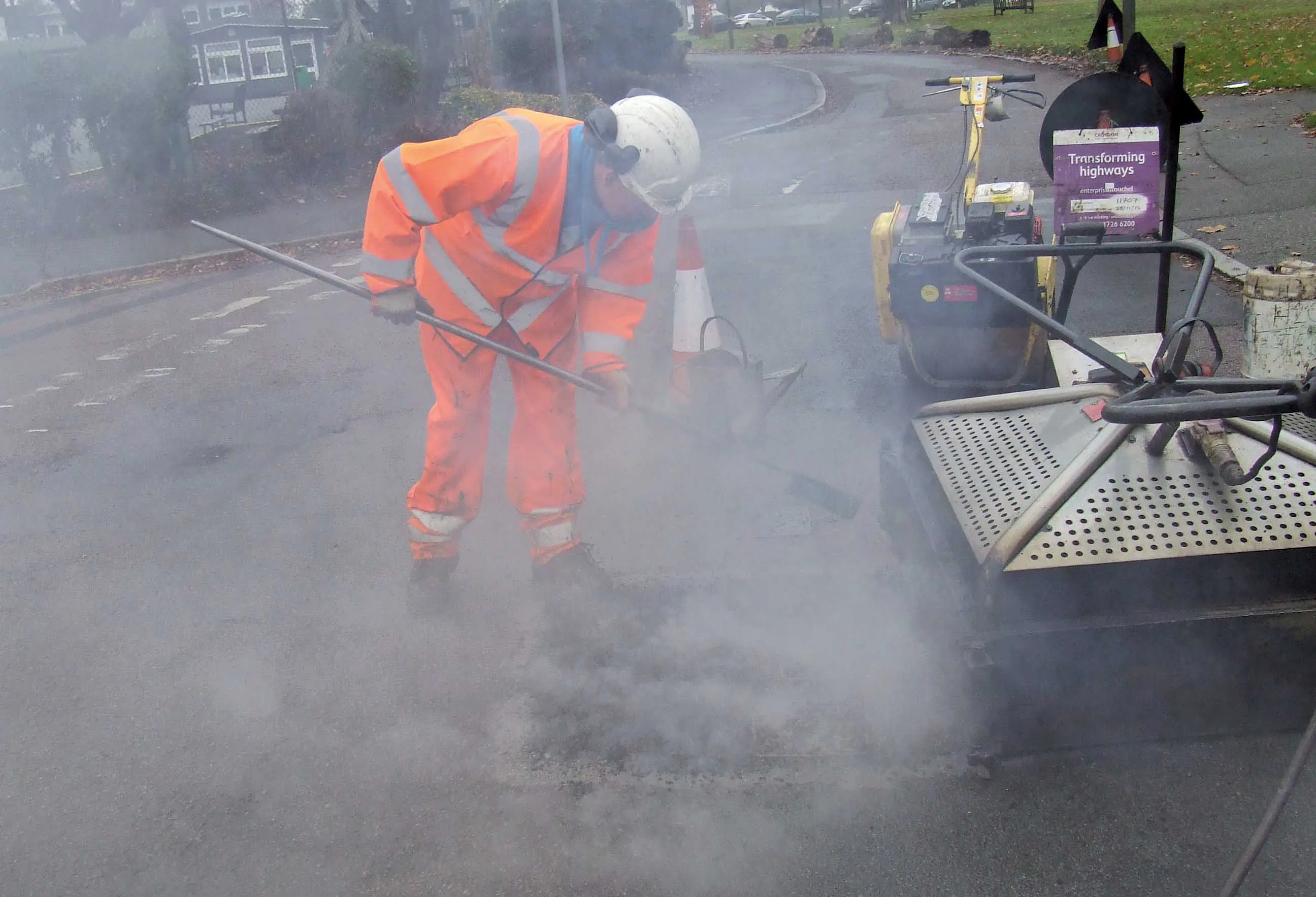More citizens in Gothenburg, Sweden are opposed rather than for the congestion charge set to be introduced in the city in 2013. According to the most recent survey, 55% of people are against the congestion charge and 35% are for it. The remaining 10%, of the 501 survey participants said they were still to make up their mind on the issue.
September 14, 2012
Read time: 1 min
More citizens in Gothenburg, Sweden are opposed rather than for the congestion charge set to be introduced in the city in 2013.
According to the most recent survey, 55% of people are against the congestion charge and 35% are for it. The remaining 10%, of the 501 survey participants said they were still to make up their mind on the issue.
According to the most recent survey, 55% of people are against the congestion charge and 35% are for it. The remaining 10%, of the 501 survey participants said they were still to make up their mind on the issue.







